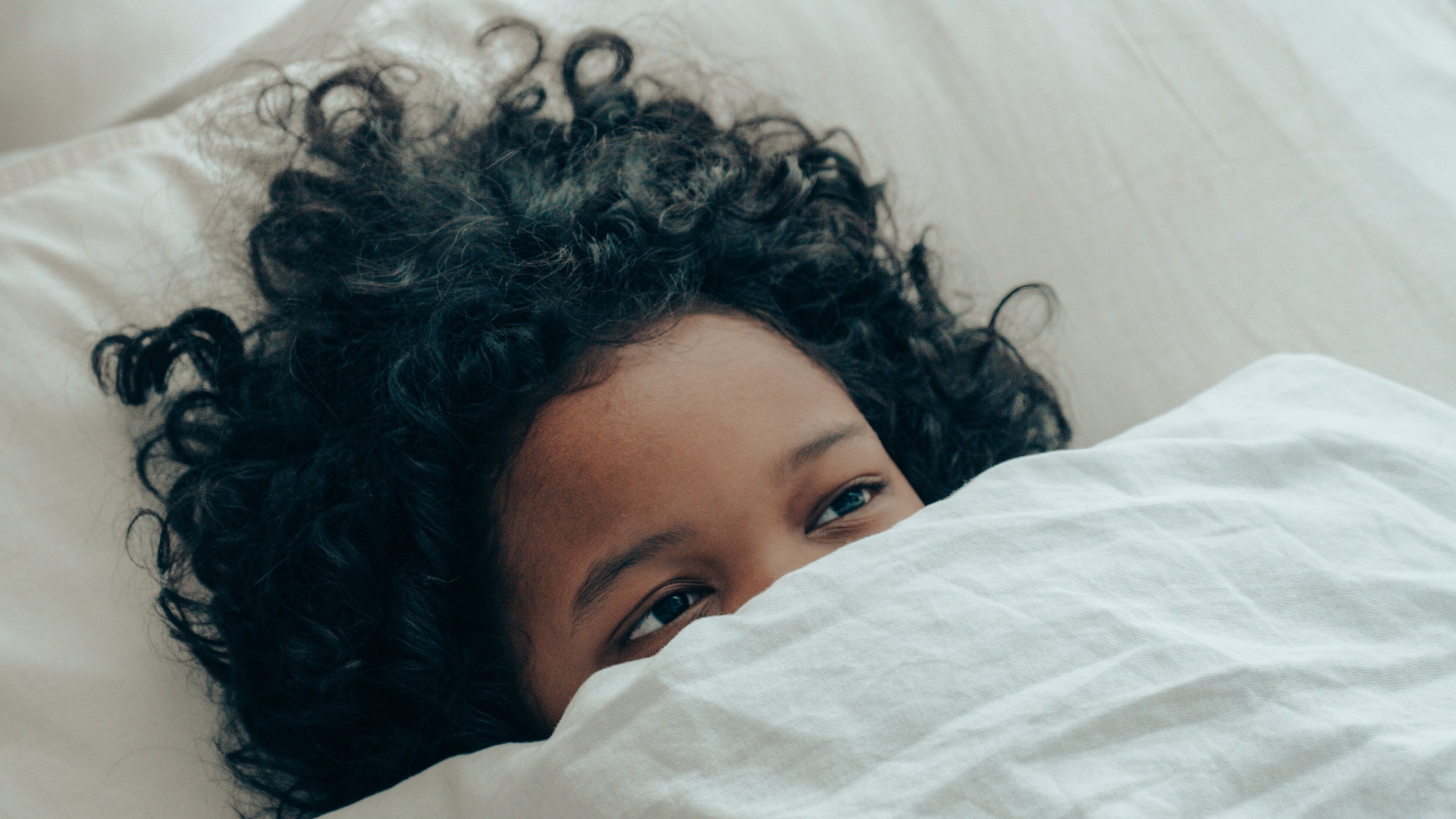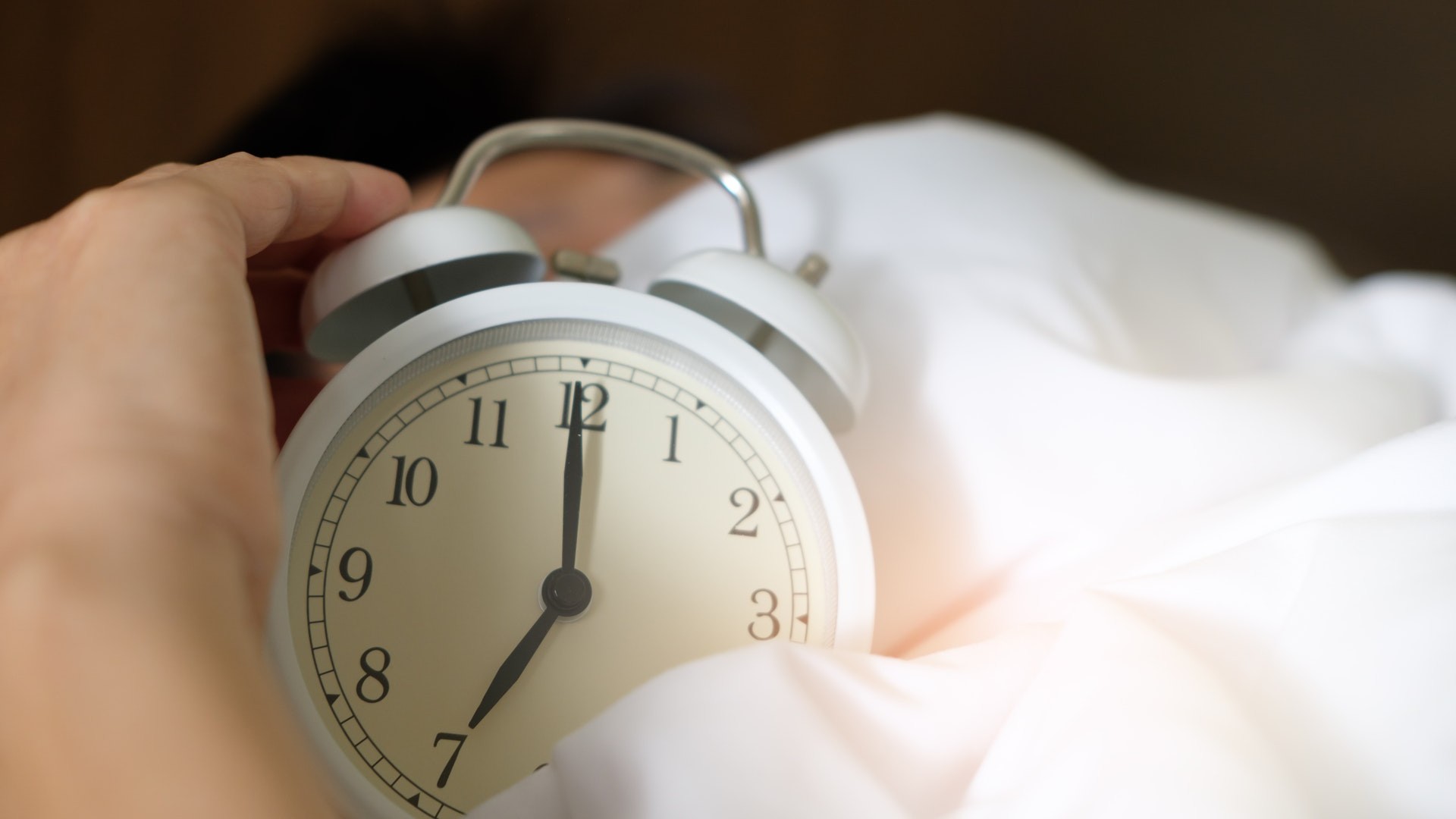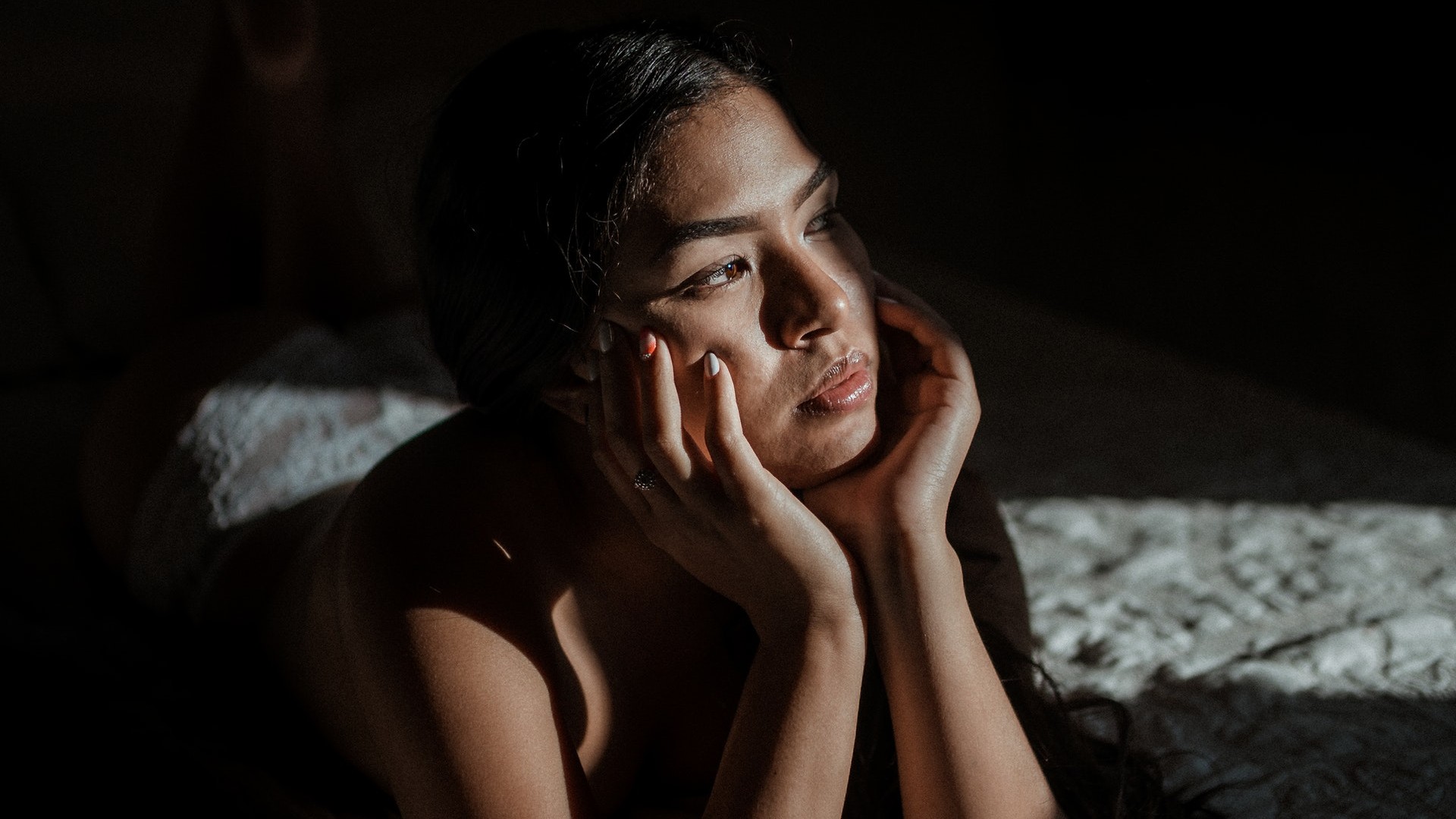8 reasons you're waking up at night (and how to fix them)
Simple techniques for an uninterrupted night's sleep

You've spent all day feeling tired, and looking forward to getting an early night to catch up on your sleep. Finally, you crawl into bed, close your eyes and drift off into the land of nod. But then, just a couple of hours later, you're wide awake again. And frustratingly, even though you're absolutely exhausted, you can’t get to sleep again for hours. Which means you spend all day at work feeling fatigued… and the whole cycle repeats again.
If you're trapped in this cycle of waking up at night, then don't stress. There are a number of common reasons for this to happen, and the good news is, they're easily fixable. Read on as we explain what they are, and what you can do about them.
- Bed letting you down? Head to our best mattress guide
- Now's a good time to buy, too: Browse the best cheap mattress deals live now
1. Lack of routine

One of the biggest causes of sleep disorder is a lack of routine. The body is an amazing machine, but it needs clear and regular patterns to work at peak efficiency. And if you go to bed and get up at randomly changing times, day in day out, it just gets confused.
As a child, you probably had set times that you had to be in bed, and wake up in the mornings. When you’re older, it’s fun to have the freedom to vary these. But if you’re having trouble sleeping through the night, it’s a sure sign you’ve gone too far.
Solution: Keep a regular schedule for going to bed and getting up, and avoid napping in between. For the first few nights you might still find it tricky to nod off. But stick with your plan rigorously, and your body will soon learn the new habit, and start falling asleep on cue.
2. Electric lighting
Our bodies were designed by evolution during primitive times, when our activities were governed by the rise and fall of the sun. So when there’s lots of light around, our bodies think it’s time to be awake, and when the light reduces and the world goes dark, it’s time to sleep. The invention of electric lighting, unfortunately, has messed with this system hugely. And digital screens have made things even worse, as they emit a kind of blue light which – more than any other colour – blocks the production of melatonin, a sleep-inducing hormone.
Solution: Firstly, spend more time outside every day. This will train your body to better understand the difference between awake time and sleep time, and help guard against Vitamin D deficiency, which has also been linked to poor sleep.
Get all the latest news, reviews, deals and buying guides on gorgeous tech, home and active products from the T3 experts
Secondly, add light reduction to your sleep routine. For instance, it helps if you turn off all electronic devices and bright lights in your home one to two hours before bedtime. Then wind down to a gentler light – we'd recommend picking up one of the best wake-up lamps, as they're designed for this specifically, but a dimmer lamp or candles is a good alternative – with relaxing, non-screen-related tasks such as reading, meditation, or listening to music in the bath.
3. Visual and aural disruption

We all instinctively that peace and quiet is necessary for a sound and uninterrupted sleep. Yet in reality, many of us suffer disruptive noise or light during the night… often because we’re too tired to come up with solutions!
Solution: It’s time to break the cycle. If you’re suffering from bright or flashing lights from the street outside, invest in thicker curtains or black-out blinds. If that doesn’t work, use an eye mask to minimise the amount of light reaching your eyes.
Do the same with noise. Double or triple glazing can do wonders for muffling sounds, but in the last resort, a pair of good earplugs can stop them reaching your brain. Alternatively, consider trying a white noise machine to neutralise their effect.
4. The wrong mattress
Do you wake up every morning, feeling drained or suffering with aches and pains? If so, it’s a sign your old, sagging mattress is stopping you getting proper sleep.
Solution: In general, you should expect a mattress to last around six to seven years, so if yours is older, definitely think about getting a new one: check out our guide to the best mattresses to find the right one for you. If you can't afford it, though, a mattress topper can be a good halfway house for the time being.
Even a relatively new mattress, however, might not be the right fit for your specific body and sleeping patterns. Read our guide to the various types of mattresses to find out if changing to a different one could help your situation.
5. Overheating

An overly warm room is also a common source of interruptions to a good night’s sleep. The body’s internal temperature needs to drop a couple of degrees for you to fall asleep properly, and if you become warmer than that, it thinks it’s time to wake up and start being active.
Solution: Aim to keep your room on the cool side, around 65F (18C). In hot weather, the best cooling fans can really make a difference in getting you a good night’s kip, so they’re definitely worth investing in.
The type of mattress you use can also make a difference to how much you overheat during the night. In general, memory foam mattresses are less good at keeping you cool than sprung or hybrid models, although many manufacturers try to offset this by injecting cooling materials into their construction; so do read our reviews on T3 to find out the details. Also, if you can’t afford to update your mattress right now, the best mattress cooling pads can provide an effective stop-gap.
6. Getting older
Your body’s sleep rhythms naturally change as you get older. And we’re not talking about pensionable age. Even as you approach 40, you can expect to start getting tired earlier in the day, and wake up earlier in the morning. And there’s nothing you can really do to stop this: it’s all part of the inevitable process of ageing.
Solution: You can’t fight it, so you have to learn to live with it. Rather than trying to force your body into late nights or lie-ins, get up when you feel awake, and go to bed when you’re tired. If that means shifting activities like meeting with friends or binge-watching Netflix to an hour or two earlier, so be it. It’s natural to resist this, as no one likes thinking about ageing. But let's face it, there’s truly nothing that will make you look and feel older than consistently poor sleep.
7. Physical stimulants

The best way to get an uninterrupted night’s sleep is to gradually wind down in the evening. But if your body is filled with stimulants like caffeine, tea, alcohol, nicotine, chocolate or spicy foods, that’s not going to happen. There’s a reason they’re called stimulants, after all.
Solution: If you’re having problems sleeping, you need to either cut down on these stimulants in general, or restrict your intake at least three hours before going to bed. That’s most important when it comes to drinking alcohol, because it will make you want to urinate in the night, too, further heightening its sleep-disrupting effects.
8. Health issues
Tried all of these solutions, and yet you’re still waking up at night and finding it difficult to get back to sleep? Then there may be underlying mental and/or physical health issues you need to address. These may range from specific sleep disorders, such as sleep apnea, restless legs syndrome, periodic limb movement disorder and night terrors, through to urinary tract infections, asthma, digestive problems, anxiety disorders, PTSD or depression.
Solution: If the simple solutions offered in steps 1-7 of this article have little or no effect on your ability to sleep, consult your doctor. It may be helpful to keep a sleep journal, where you record how well or badly you’ve slept from night to night, to help them diagnose where the problem may originate.
Need to upgrade your mattress? Check out the best current offers:
- Saatva Black Friday sales
- Casper mattress Black Friday deals
- AmeriSleep Black Friday sale
- Leesa mattress Black Friday deals
- Eight Sleep discount codes and deals
- Nectar mattress Black Friday deals
- Simba Black Friday sale
- Emma mattress Black Friday deals
- OTTY Black Friday deals
- Eve mattress Black Friday discounts
- DreamCloud Black Friday deals
- Brook + Wilde discount codes and deals

Tom May is a freelance writer and author of the book, Great Ted Talks: Creativity. He has been editor of Professional Photography magazine, associate editor at Creative Bloq, and deputy editor at net magazine. He has also worked for a wide range of mainstream titles including Radio Times, NME, Heat, Company and Bella.
